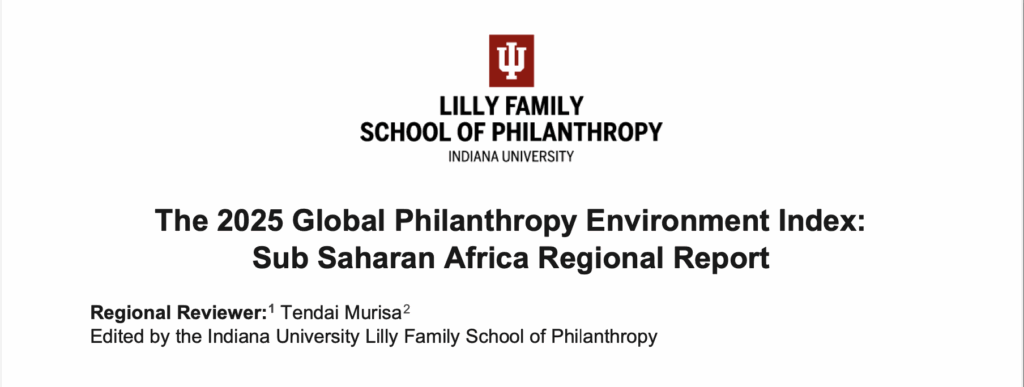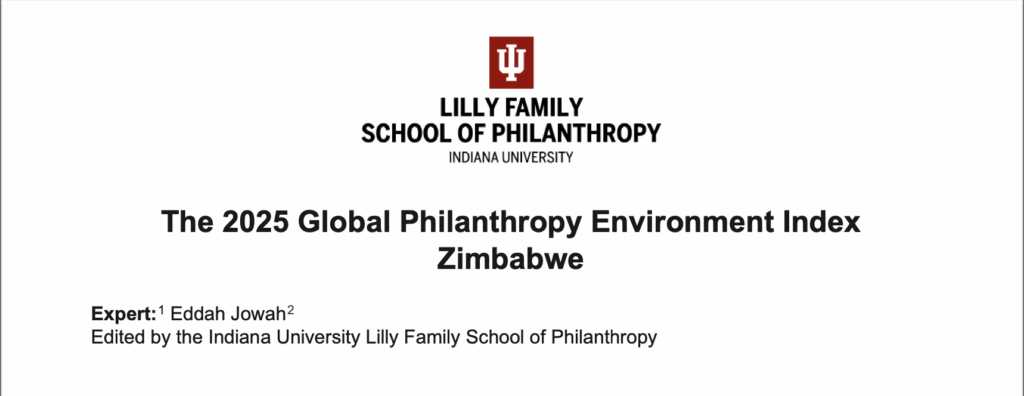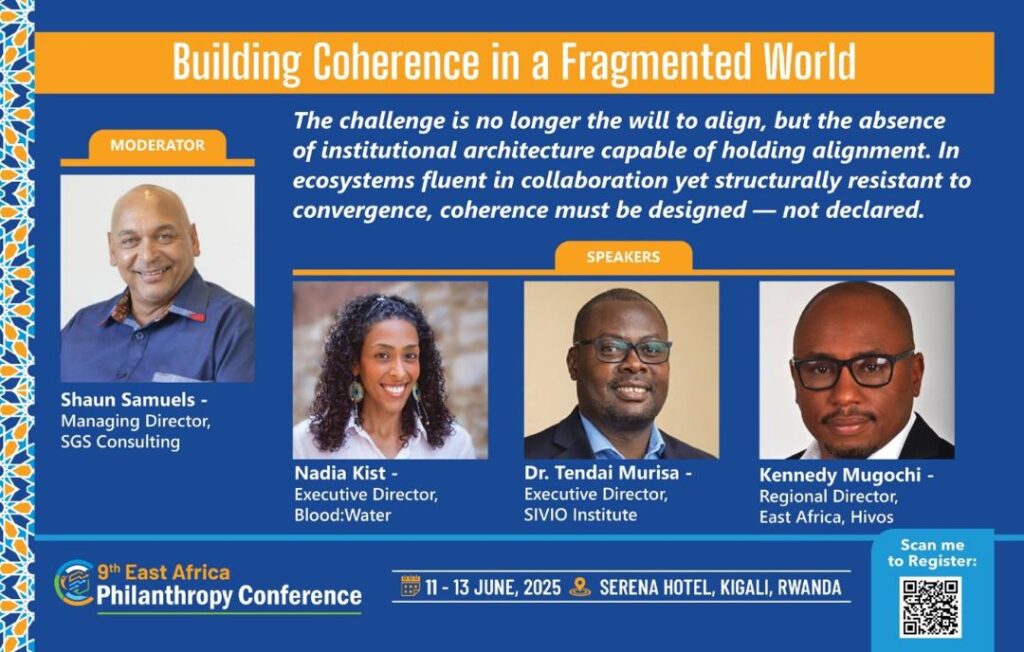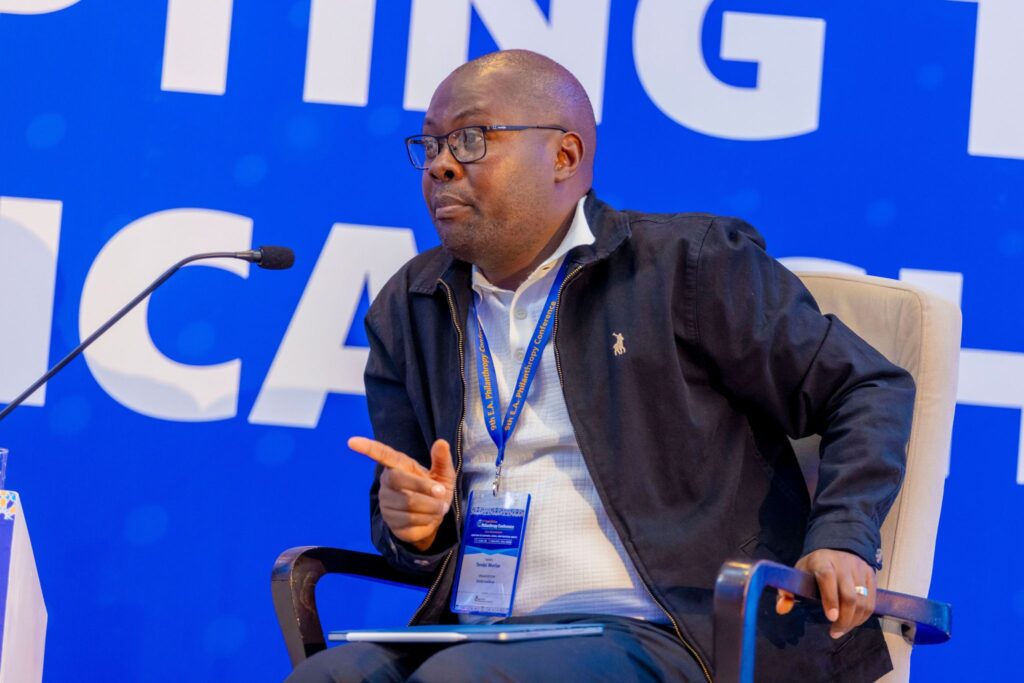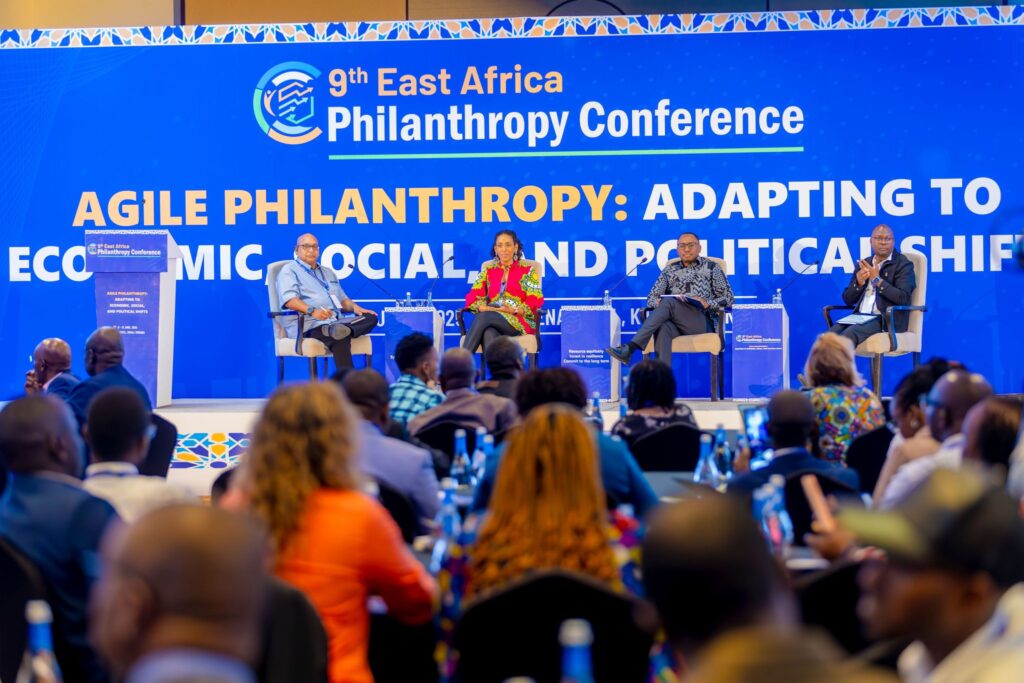Unveiling Our Next Chapter
What if, instead of the usual “welcome back,” we offered you a front-row seat to the pulse of a sector in transformation? This isn’t just another issue, it’s a dispatch from the heart of change. In this edition, we focus on the bold pivots and the hard-won lessons that have defined our journey through the second quarter of the year.
The announcement of USAID’s withdrawal sent shockwaves throughout the NGO landscape, doors closed, uncertainty reigned, and the sector braced for the unknown. For many, it was a moment of paralysis; for us, it was a call to action. Out of this turbulence, we produced a five-part Masterclass on Successful fundraising from Individuals hosted on Udemy.
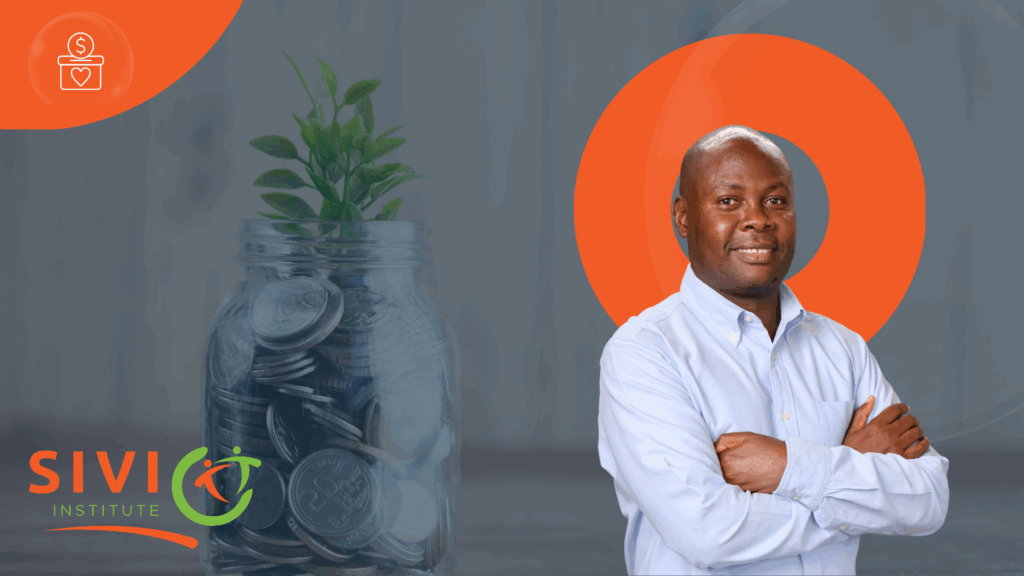
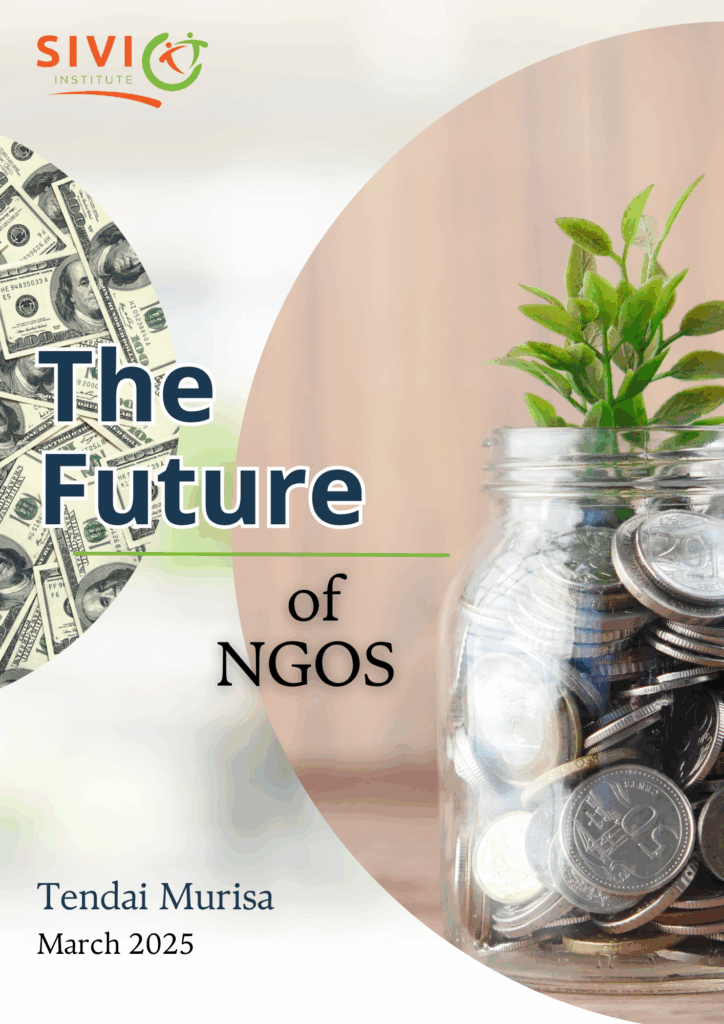
The masterclass is crafted as both a survival kit and a springboard for NGOs navigating the new normal. This course builds upon one of our earlier reports entitled “The Future of NGOs.” To date, 278 registered for the course, and at the time of writing, there were 27 active learners and 8 graduates, proof that the hunger for reinvention is real.
If you’re an NGO leader fighting to keep the lights on or searching for fresh strategies, it’s not too late to join. Our course unpacks everything from adaptive leadership to sustainable funding models, aligning your organisation to the new normal, and it is delivered in bite-sized, actionable lessons.
But we didn’t stop there. The “Future for NGOs” report also inspired a four-part series on the What If… We Think Differently? Podcast, dissecting the realities of NGO survival in a sustainability-driven era.
With 87 Spotify streams and 659 YouTube views, the conversation is spreading because the future belongs to those who ask, “What if?”.
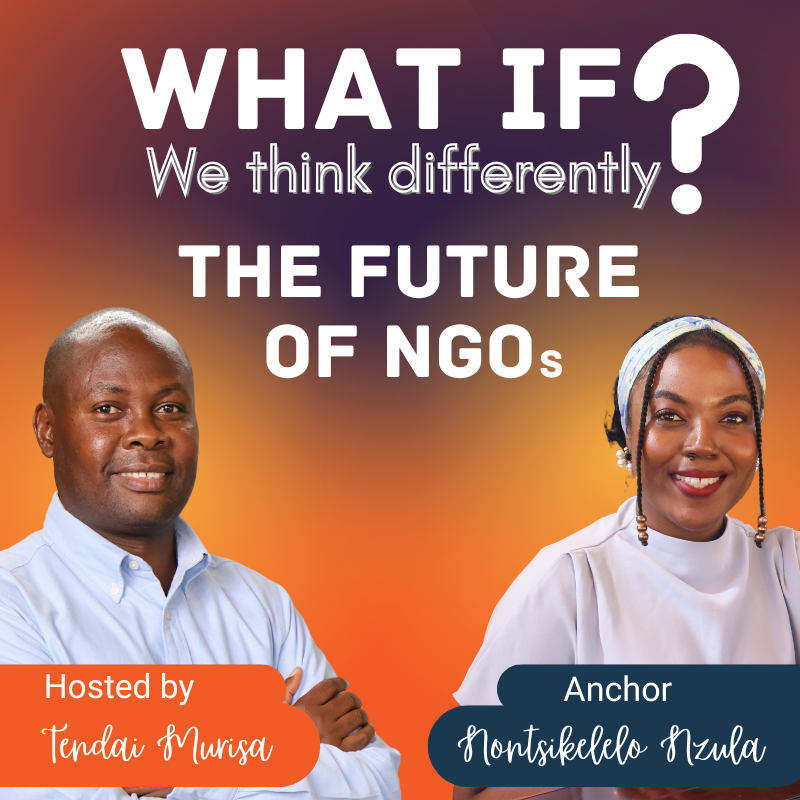
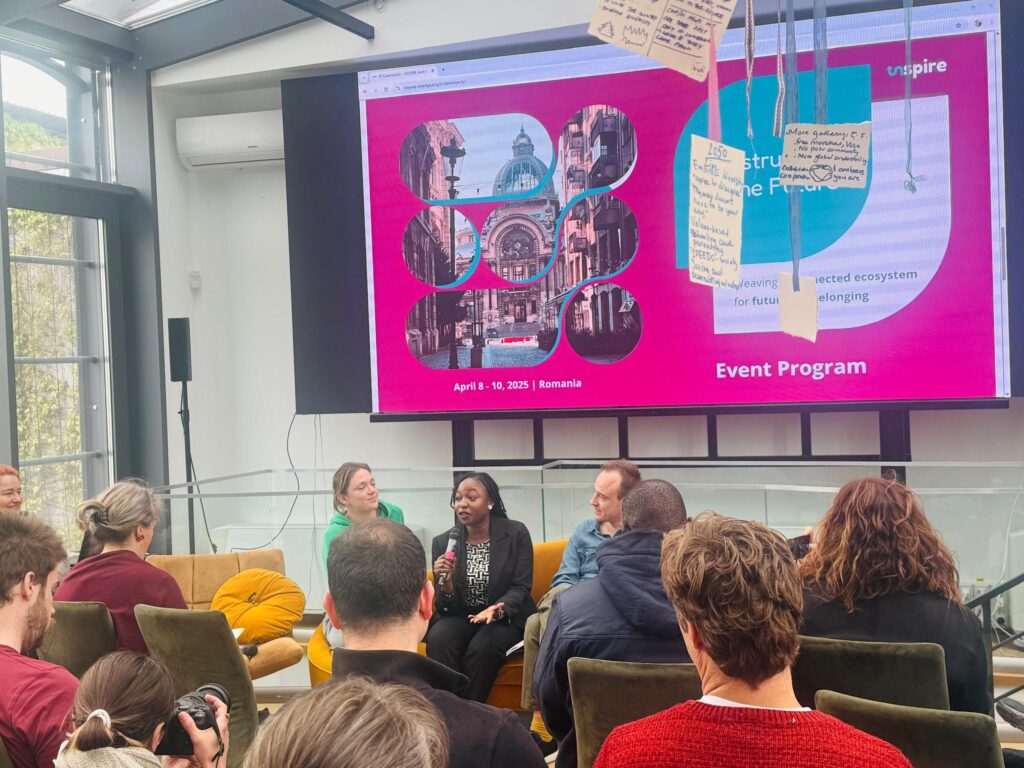
In May, our Executive Director and Philanthropy Coordinator took their curiosity global, globe-trotting to Bucharest, Romania. There, they joined the first-ever gathering of Community Foundations Support Organisations, diving into futures thinking and the evolution of community foundations in Europe. It was a meeting of minds, a chance to exchange ideas on how local action can shape global impact.

The month of May also kicked off with a spirited fundraising campaign under AfricaGiving, a dynamic subsector of the SIVIO Institute. The $25for25May campaign ran from May 1st through May 25th, Africa Day, raising a total of USD 3,437.30 against an initial target of USD 10,000. While we didn’t hit our goal, the campaign has been invaluable for reflection. We are actively learning from both its successes and challenges to strengthen our individual giving journey. Recently, we hosted an online dialogue to hear firsthand from participating organisations about the wins and lessons from the campaign. Though the $25for25May campaign has concluded, our commitment to fundraising through individual giving continues, with a renewed focus on improving what worked and addressing where we fell short.

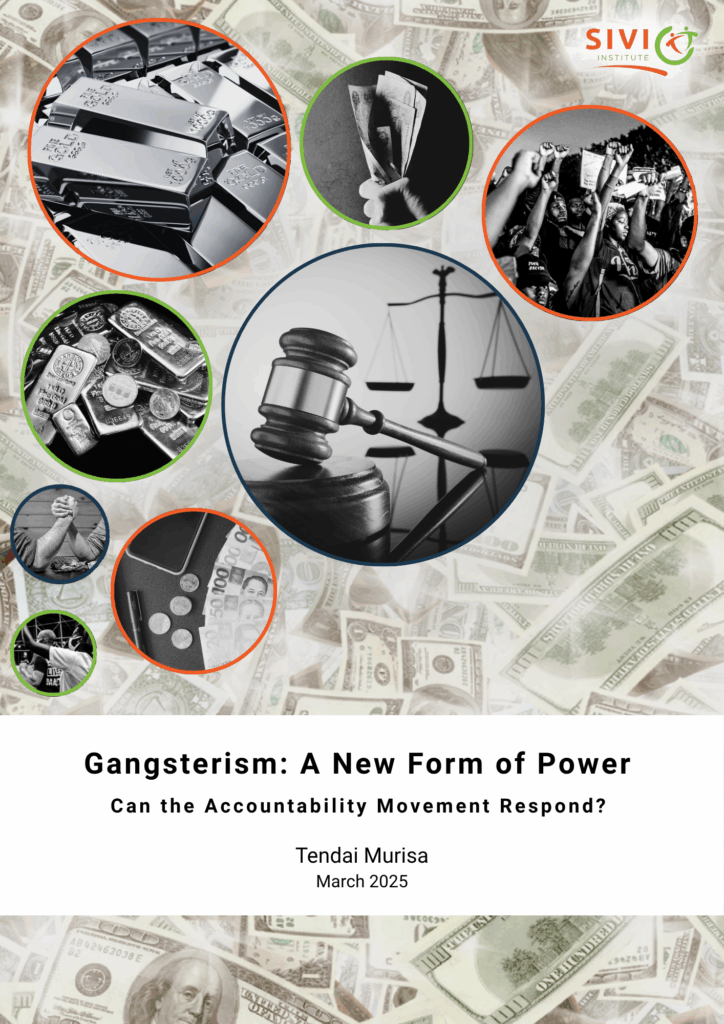
We have also been busy shining a light on the shadows. Our latest insight on Gangsterism: A New Form Of Power. Can the accountability movement respond? unpacks how criminal networks capture the state, infiltrate communities, disrupt social cohesion, challenge the rule of law, and co-opt institutions meant to safeguard public accountability. This piece goes beyond headlines to examine the roots and ripple effects of gangsterism across Southern Africa, offering fresh perspectives on a persistent threat.
Visibility is more than a buzzword; it’s the currency of accountability. This quarter, our Botswana Country Researcher, Mokaloba Mokaloba, stepped into the national spotlight, talking to Botswana Television to illuminate the vital role of African Citizens Watch in tracking government promises and actions. He brought the conversation on transparency and leadership into living rooms across the country, reminding viewers that data isn’t just numbers, it’s a tool for civic empowerment.
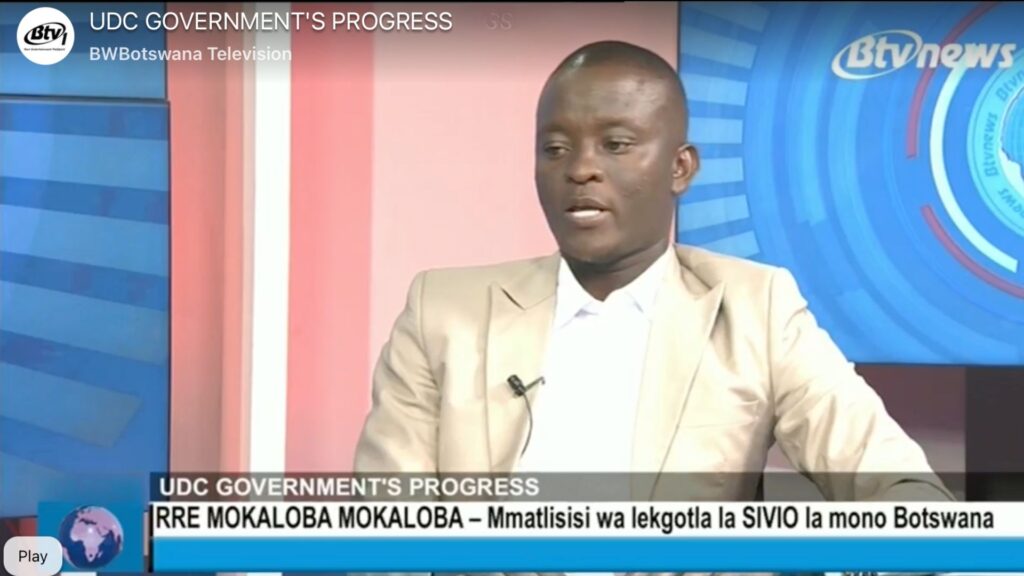
Our commitment to shaping the narrative didn’t stop there. We have established a partnership with ACT Ubumbano to help shape the South Africa Citizens Watch platform into a popular tool for advocacy and accountability, underscoring our commitment to systems that serve the public good.

We celebrate the launch of the Lilly School of Philanthropy’s Global Philanthropy Environment Index, and our team ensured that Africa’s philanthropic narrative is told with depth and nuance. Our Programs Manager wrote the Zimbabwe analysis, and our Executive Director edited the Sub-Saharan Africa section.
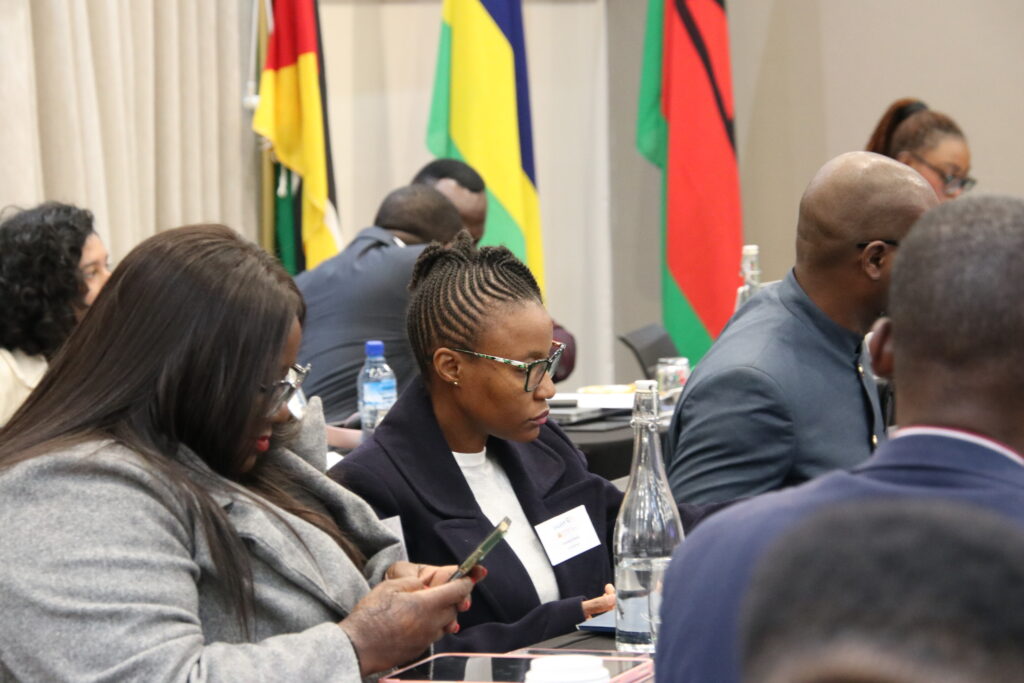
Regionally, we joined hands with civil society leaders at the South African Institute for International Affairs (SAIIA), organised a meeting to push the boundaries of good governance. The meeting was focused on strengthening the African Peer Review Mechanism and amplifying the collective voice of CSOs. It was a gathering defined by open exchange, alliance-building, and a shared resolve to keep accountability at the forefront, across borders and beyond barriers.
At the East African Philanthropy Network Conference in Kigali, our Executive Director joined over 500 sector leaders and was part of a panel titled Building Coherence in a Fragmented World. The discussion focused on how philanthropy can remain agile amid uncertainty, highlighting that intentional collaboration and ecosystem thinking are essential for transforming complexity into strength. In these shifting times, unity and adaptability stood out as the foundation for resilience and effective impact. You can watch the full episode on YouTube
Lastly, in Harare, our team joined an important workshop led by the Southern Africa Trust, where the urgency of collaboration and co-creation among CSOs came into sharp focus. As funding shrinks and restrictive laws like the PVO Act tighten the civic space, partners agreed that strong alliances and innovative platforms for sharing and strategising are essential for overcoming bureaucratic hurdles and amplifying impact.
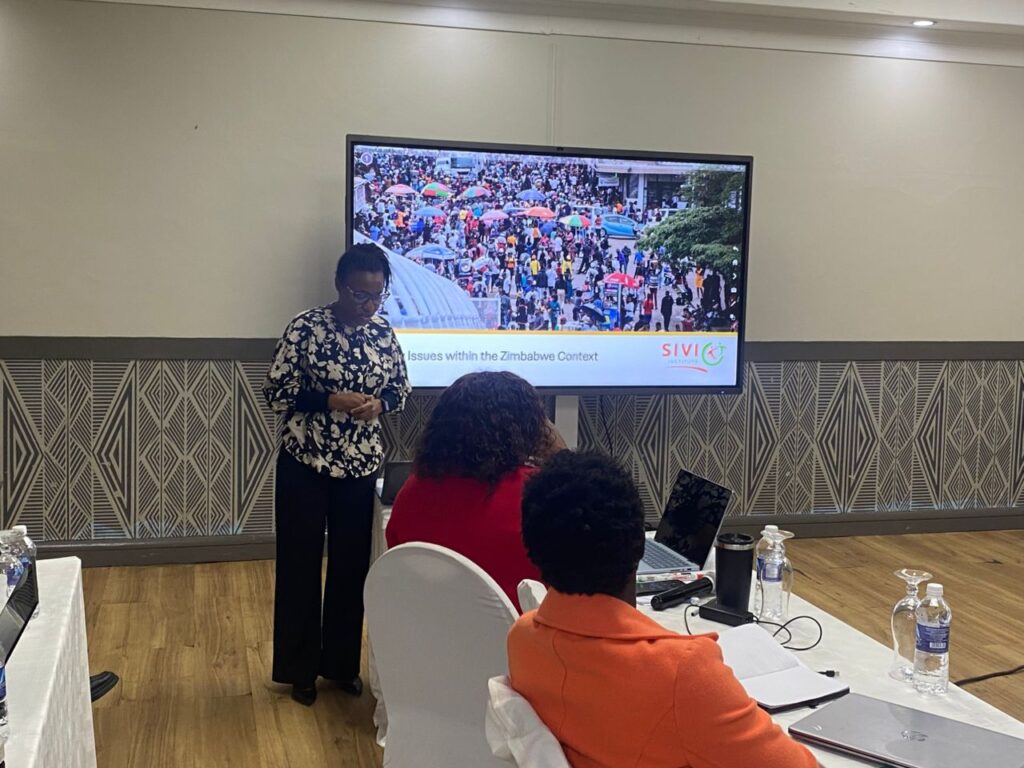
From Bucharest brainstorms to bold new data platforms and thought leadership on the continent’s biggest stages, this issue captures the pulse of a sector in motion.
So what is our next chapter?
- We converted into a Social Enterprise last year, meaning we can now engage in profit-seeking activities.
- We established a for-profit company to manage all our investments, including the recent acquisition of land where we are cultivating apple trees, bananas, and sugar beans, as well as raising goats, sheep, and rabbits.
- We came up with a program that can generate revenue (www.africagiving.org).
- We have now established an advisory division. Previously, our approach was ad hoc and supplier-driven, but we now intend to be more intentional and strategic in our efforts.
- Last year, we secured 25% of our budget from our own income.
- We still fundraise for our programs from institutional funders, individuals, and corporates.
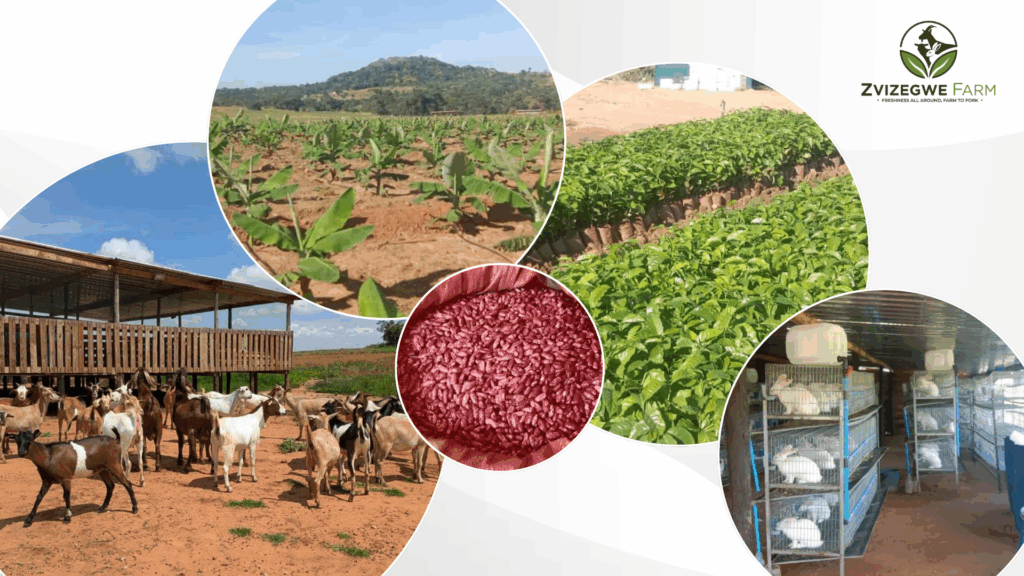
Our thinking was and remains,
funding is temporary- we need our own resources.
There is still a lot to be done. We will be sharing about that journey
Together, we continue to elevate citizen voices, co-create solutions, and advocate for participatory processes.

